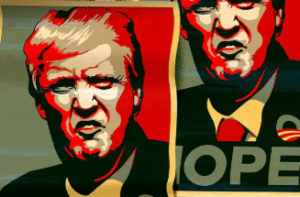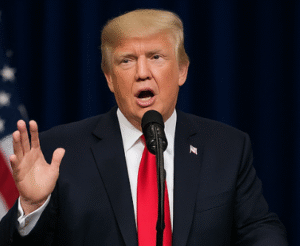$AFCG
#ElectionDay #FinancialMarkets #StockMarket #CannabisIndustry #DebtMarket #Trump2024 #Harris2024 #Investing #Economy #PoliticalImpact #WallStreet #GrowthOpportunity
As key election results unfold, the implications of a potential 2025 presidency under Kamala Harris or Donald Trump are becoming clearer, particularly for niche industries like cannabis. During a recent panel hosted by Z&A, experts explored how leadership under either candidate might affect growth opportunities. Cannabis, which has been in the spotlight for both regulatory reform and its fluctuating presence in the debt markets, stands to be significantly impacted. Harris is anticipated to push for more progressive legislation concerning cannabis—potentially leading to decriminalization and providing an easier pathway for companies in the industry to access traditional banking services, lowering their dependence on debt markets. On the other hand, a Trump administration, historically less focused on cannabis reform, might maintain the status quo or limit further regulation, which could mean that cannabis companies would continue to operate in a high-debt environment where liquidity constraints remain.
One stock to watch in this sector is AFC Gamma ($AFCG), a key player in the cannabis debt space. $AFCG has garnered notable attention, with coverage being initiated by several major financial firms such as EF Hutton, Jefferies, and Cowen & Co., as highlighted in the table of analyst ratings. EF Hutton initiated coverage in January 2022 with a “Buy” rating, while Jefferies and Cowen & Co. issued “Buy” and “Outperform” ratings, respectively, back in August 2021. These ratings signal cautious optimism. However, market sentiment could shift depending on the election outcome and subsequent regulatory changes. Investors will want to track both short-term reactions to the election results and consider long-term factors like the evolving legal landscape of the cannabis industry and subsequent impacts on debt levels for companies like AFCG.
The cannabis industry largely operates in a debt-heavy environment due to limitations in the current financial system, which restricts access to traditional loans and lending products that other industries take for granted. If Harris were to streamline cannabis reforms, it could alleviate these financial pressures, as companies would benefit from broader financial access and healthier profit margins over time. As a result, $AFCG and other similar players might see easier access to capital, helping them reduce their reliance on high-interest debt instruments. Moreover, increased legalization could spur significant new revenue streams for cannabis operators, positively affecting the entire supply chain and enhancing the investment narrative within the sector. Less risk in the debt markets could also lead to more favorable credit ratings and lower borrowing rates.
Conversely, a Trump-led administration could offer a completely different outlook. While cannabis wouldn’t necessarily face more regulatory hurdles, the lack of movement towards financial reform could maintain the current high-debt operating structures. This means companies such as $AFCG might need to persist in navigating the intricacies of non-traditional funding and perhaps face increased competition within the capital markets. Debt-heavy operations, although sustainable through innovation, often slow down growth potential. Therefore, while a Trump presidency may stabilize the industry, it could also limit the upside for investors looking for significant expansion across the cannabis debt market.







Comments are closed.